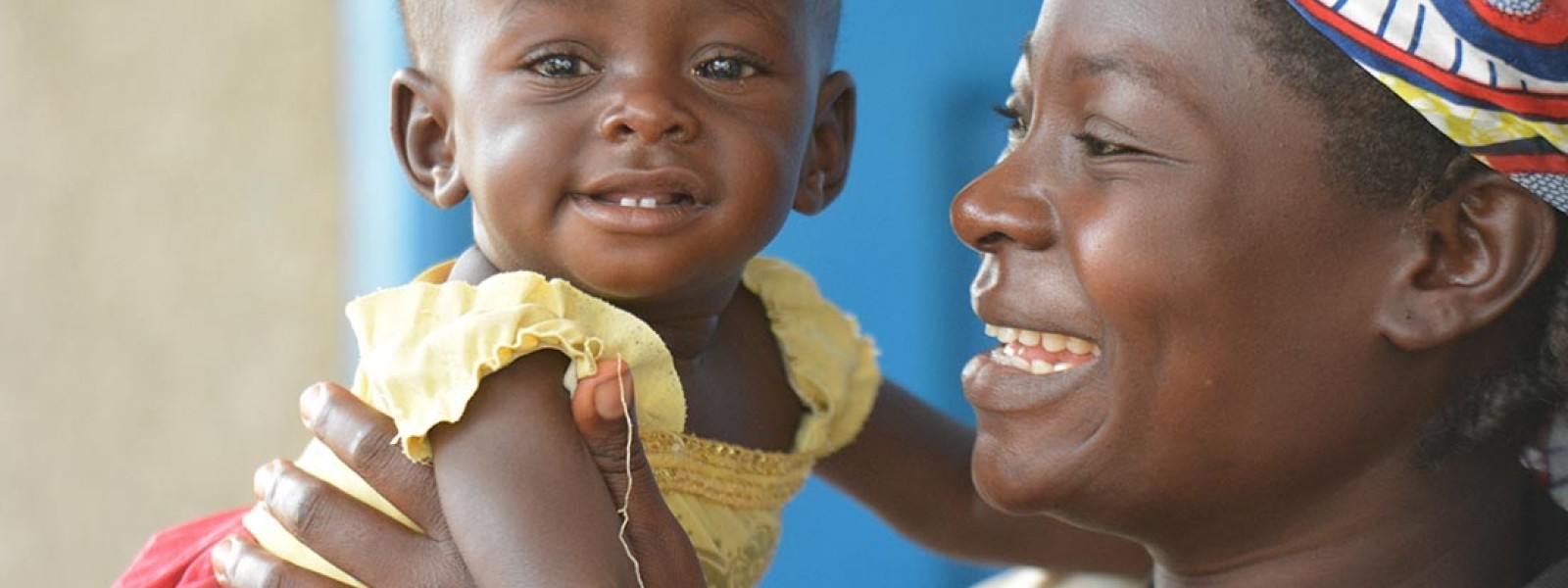$283 million | UK’s Department for International Development | 2013–2018
The Access to Primary Health Care Project, known locally as Accès aux Soins de Santé Primaires or ASSP, aims to strengthen priority interventions such as the treatment of malaria, pneumonia and diarrhea; nutrition; obstetric and neonatal care; family planning; immunization; and water, hygiene and sanitation that are delivered through the health system. ASSP supports an estimated 8,980,238 people across 52 health zones in five Provincial Health Divisions (Kasai, Kasai Central, Nord-Ubangi, Maniema and Tshopo). In collaboration with the Ministry of Health, IMA works alongside partners SANRU, Pathfinder, Tulane University, IntraHealth, HISP, and BAO Systems to reduce morbidity and mortality in women and children under five by strengthening the national health system.
The ASSP program is structured around the six pillars of health systems strengthening, specifically: enhanced health service delivery and quality, improved and sustained human resources, enhanced and appropriate use of medicines and technologies, increased affordability of health services, enhanced health information systems and, lastly, enhanced leadership and governance.
The core of ASSP’s health service delivery remained remarkably stable even in light of the civil unrest in the Kasai provinces in part due to the channels of negotiation and established relationships forged through IMA’s ongoing development work. For example, health services utilization, births attended by skilled personnel, and measles immunization all demonstrated success. Contraceptive use remained extremely strong and the percentage of births taking place at a health facility with skilled attendants during the last year has exceeded the annual target of 329,844 with 335,295 (102 percent) births attended in health facilities.
Learn more on the project website: asspdrc.org.


